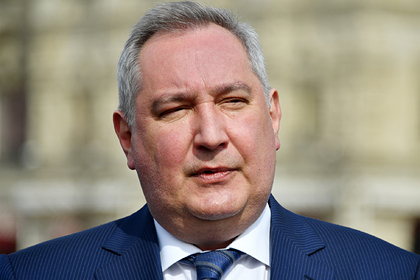Moscow. November 29. INTERFAX - Roscosmos admits that the United States may abandon the Venus-D joint project, in which case the Russian Federation will launch the station on its own, said Dmitry Rogozin, head of the state corporation.
"If we suddenly fail to reach an agreement with the United States on this project, we will still fly," Rogozin told reporters on Monday.
"It is possible that not with the United States, but with another country that would be willing to participate either financially or with its scientific equipment," he added.
Rogozin noted that the "unstable political situation in the United States" may affect the agreements. "NASA supports us on this issue, but it will take political coordination from the Americans," he said.
On November 21, Rogozin announced an agreement with NASA on a joint mission to study Venus.
"Plus, we have agreed with the Americans on a joint mission to Venus," Rogozin said on the YouTube channel "Solovyov Live".
As Oleg Korablev, Deputy Director of the Space Research Institute of the Russian Academy of Sciences, corresponding member of the Russian Academy of Sciences, told Interfax, the American side had to allocate $300 million for the implementation of the mission. According to him, 17 billion rubles should be allocated from the Russian side for the implementation of the project.
The scientist noted that the financing of experimental development should begin in 2019-2020 in order to launch the mission in 2029.
It is planned that the mission will include a lander that will take soil samples from the planet. The module will be able to work for about a day. As Nathan Eismont, a leading researcher at the Space Research Institute of the Russian Academy of Sciences, previously told Interfax, one of the goals of the project is to check the presence of life on the planet.
As reported, phosphine gas was found in the atmosphere of Venus. On Earth, this gas is produced by bacteria in anaerobic ecosystems. The presence of phosphine is considered one of the signs of the presence of life on the planet.
The executive director of Roscosmos for advanced programs and science, Alexander Bloshenko, meanwhile, said that the presence of phosphine is not one hundred percent proof of the existence of life on Venus, and reliable data can only be given by contact studies of the planet like Venus-D.

